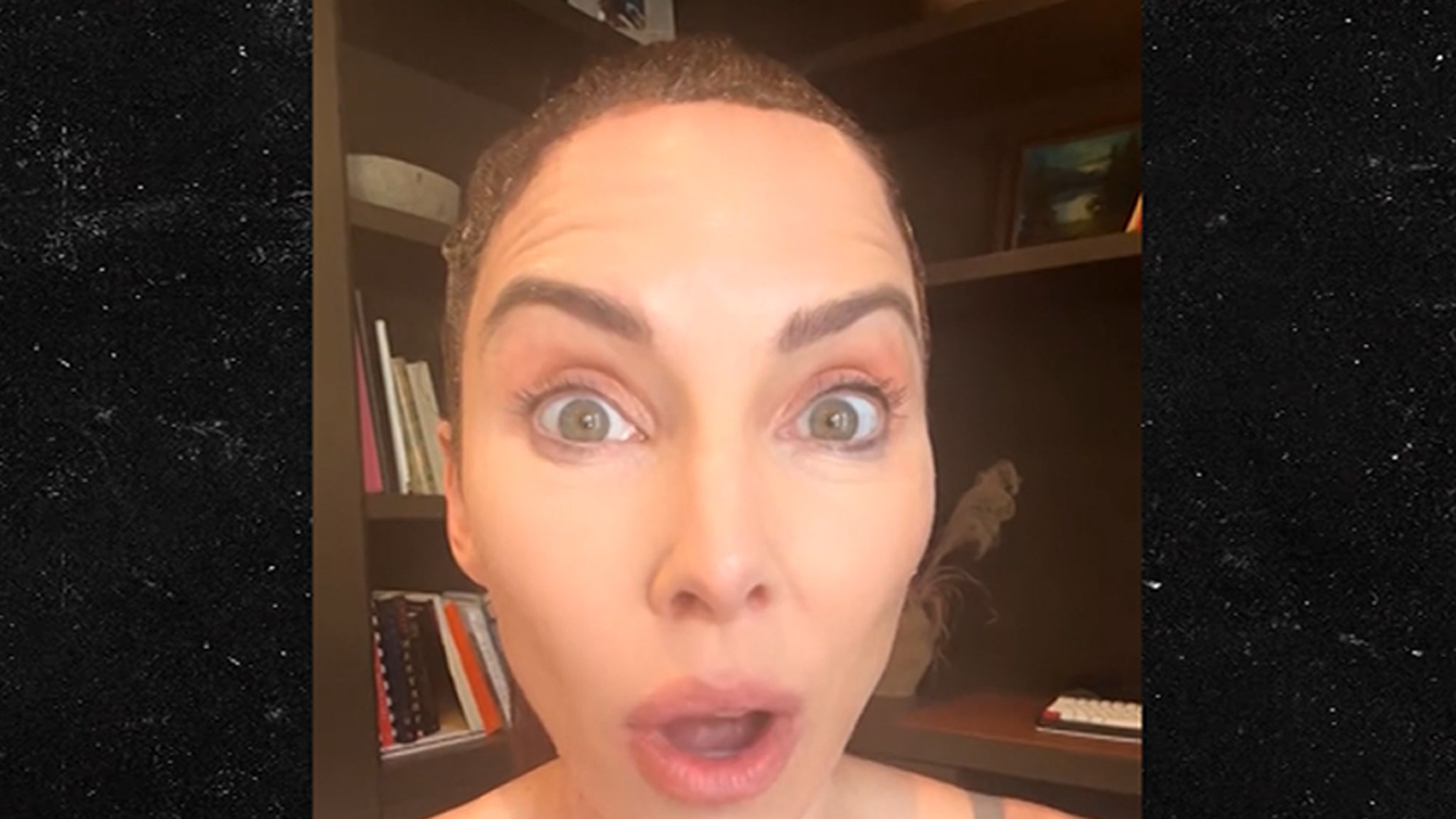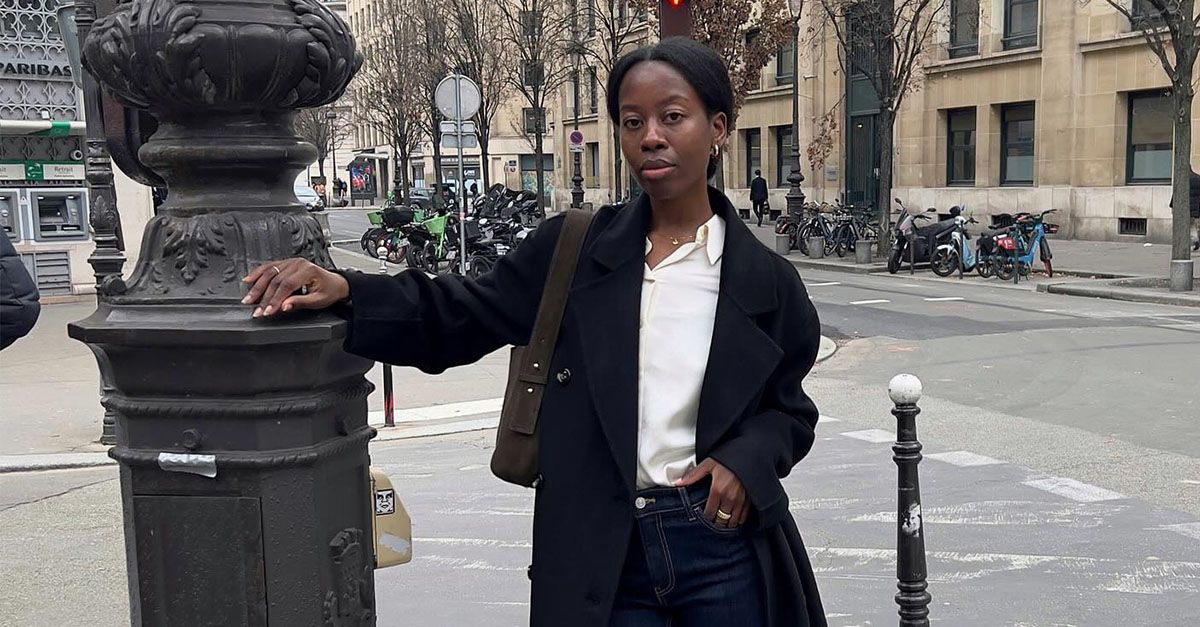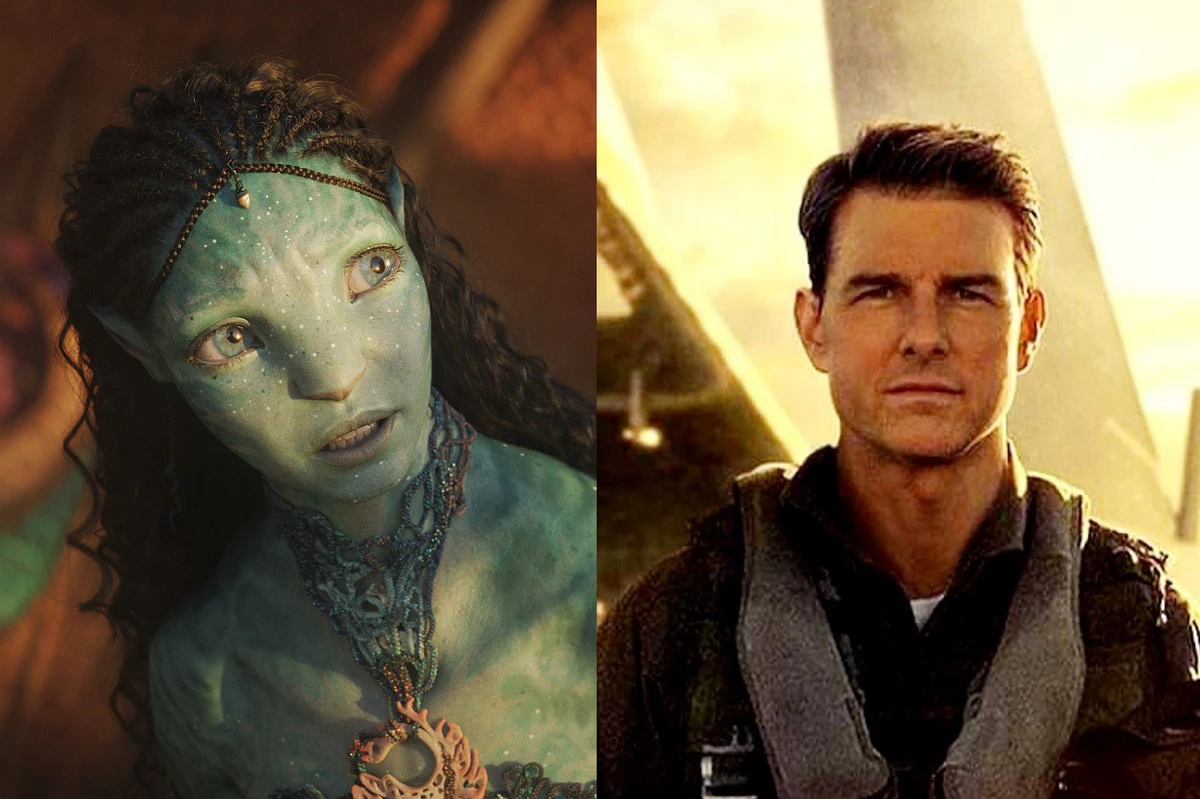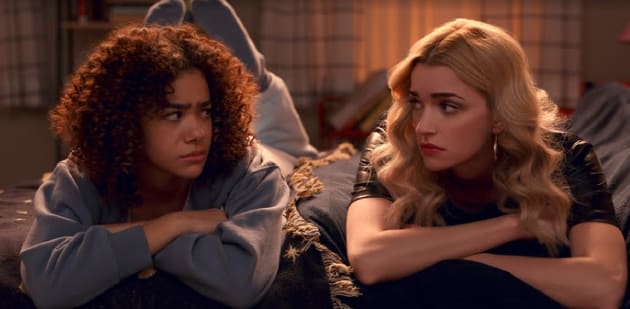
In recent times, films and TV shows have found rich territory in exploring how iconic figures arrived at their iconic status, from countless superheroes to Whitney Houston to Saul Goodman. Add Edgar Allan Poe to those ranks, thanks to The Pale Blue Eye, as the new Netflix thriller reveals what the famed author might have been like before becoming “that whiskey bent and hell bound godfather of the macabre,” as star Christian Bale (with an assist from Hank Williams) tells Consequence.
Written and directed by Scott Cooper, this adaptation of Louis Bayard’s novel stars Bale as Augustus Landor, a detective summoned to the military academy at West Point, New York to investigate a mysterious death that spirals into additional instances of murder. Landor’s primary ally in the investigation is a young student at the academy named Edgar Allen Poe (Harry Melling), who proves most helpful in exploring how, and why, these young men found themselves with their hearts ripped out.
It’s a cause of death worthy of the dark fiction the real-life Poe would go on to write. “Beauty is in the eye of the beholder and for Poe, you know, the cemetery is a beautiful place,” Bale says. “He doesn’t want to look at trees with leaves on — he wants to see them in the dead of winter. He has a very strong personality and a strong viewpoint on art and beauty and it’s wonderful. And Harry plays him fantastically.”
Melling, best known for The Queen’s Gambit, The Ballad of Buster Scruggs, and the Harry Potter films, relished the opportunity to explore the writer as a young man. “There’s so much information about Poe, but being able to invent these things — that maybe he was charming, maybe he was a bit foolish, maybe he was witty and stupid all at the same time… All these little things offer him a bit more range to the Poe that we think we know now, as this more sinister, dark gloomier person,” he says. “I think that territory’s a fascinating one, to reinvent this idea of who this Edgar Allen Poe is.”
“We are very entrenched in knowing Poe much later in his life, where he was known to be prone to drink, where he ended up dying under mysterious circumstances in a Baltimore alley,” Cooper says. “Here in this film we find a Poe who is warm and witty and humorous and a great companion and quite sincere. So that doesn’t quite equate with whom most people think when they think of Edgar Allen Poe.”
That was essential, though, “because this is essentially a Poe origin story, and one can’t really start with Poe already living in the darkness that we know him, because then of course there’s no place for him to evolve to or to grow into. So that was really the key for me, is finding Poe in these formative years when he was kind of a southern gentleman, and that the events that take place in this movie affect him so deeply and richly that he could only then write The Premature Burial and The Telltale Heart and Murder in the Rue Morgue and The Raven and everything that people know him for.”






















































![Bruno Mars, Anderson .Paak, Silk Sonic – Smokin Out The Window [Official Music Video] Bruno Mars, Anderson .Paak, Silk Sonic – Smokin Out The Window [Official Music Video]](https://i.ytimg.com/vi/GG7fLOmlhYg/maxresdefault.jpg)























